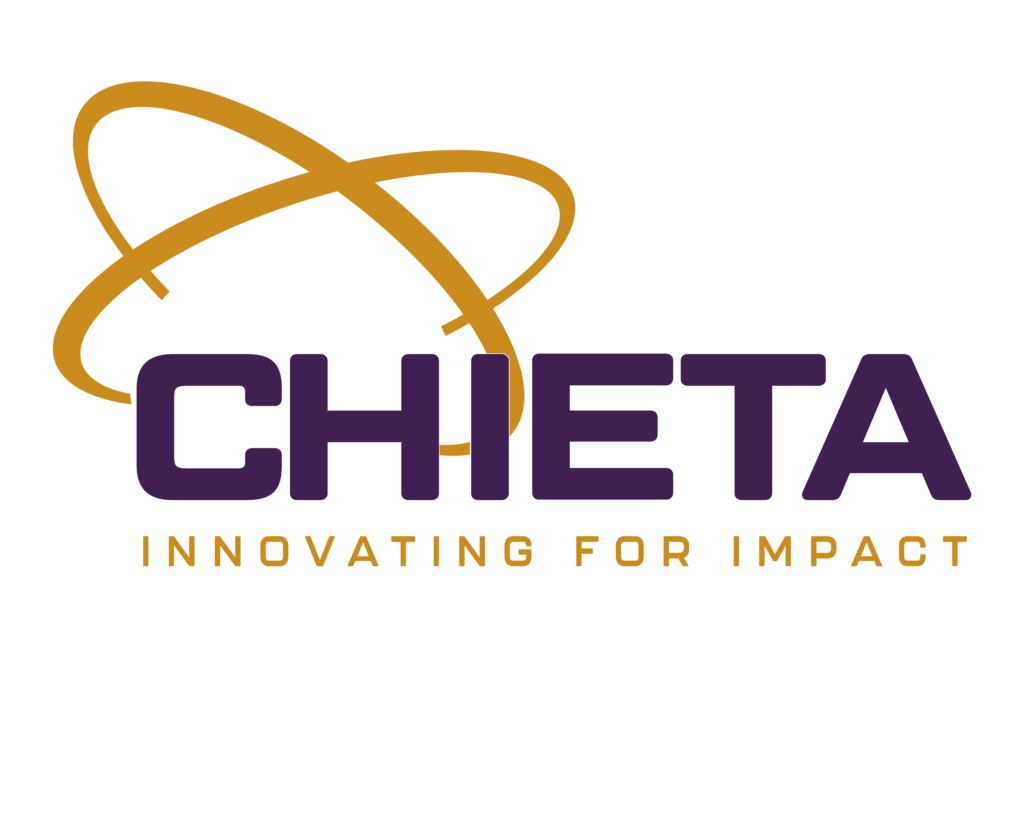Leadership spoke to CHIETA CEO, Yershen Pillay about how the last year has been for the organisation and their progress towards Vision 2025
It has been a year since we last spoke. At that time CHIETA had highlighted digital skills as a key strategic element. How is CHIETA doing on this?
It has been a very exciting year for us on this front. Our focus on capacitating the country’s youth with digital skills has seen the launch of SMART Skills Centres in three provinces to date. Through this initiative, unemployed youth living in the rural areas of Saldanha Bay in the Western Cape, Gqeberha in the Eastern Cape and more recently, Babanango in KZN have access to a variety of online training programmes. In addition, these centres will provide training and skills development assistance to start-ups and SMMEs, as well as provide a host of technological solutions to members of the community around the centres. The three that have already been launched are just a start and we have a further six planned for rural areas around the country.
Looking at the areas which CHIETA services, how would you describe the current skills development landscape?
South Africa’s skills development landscape is vast and fragmented and operates within the context of youth unemployment for people aged 15 – 34 at a staggering 45.3% (According to Stats SA fourth quarter of 2022 results). Our very existence as a SETA requires us to implement projects and programmes that seek to address unemployment and drive skills development in the country. Since we last spoke, we have successfully launched our Retrenched Workers Programme in collaboration with Options Personnel that will enable workers to pursue opportunities beyond their skillset. Last year alone, we provided skills development and training opportunities to 31 322 learners across the country. This included learnerships, apprenticeships, internships, artisan development, skills programmes, SMME funding, and career guidance.
Does CHIETA have any current plans to improve the output of skilled individuals to help improve South Africa’s economy?
We definitely do have plans in place, the details of which can be found in the CHIETA Strategic Plan and Sector Skills Plan that are available on our website. What is very important though in terms of making a tangible difference, is collaboration with a wide range of sector stakeholders, but very specifically our employers in the sectors. Employer participation in our skills development initiatives remains one of our biggest challenges and we urge our employers to work with us to ensure the right skills are available in our sector, and in doing this, we believe we will be able to make a positive contribution to the country’s economy.
What message do you have for any potential stakeholders looking to partner with or benefit from CHIETA?
Collaboration is the engine of innovation and the fuel of impact, and greater collaboration will result in more information-sharing and joint programmes with industry stakeholders. The public and private sector are collaborating for transformation and as the chemicals SETA, we invite industry leaders to collaborate with us to turn the chemical sector into an economic powerhouse.
Are you on track to achieve Vision 2025?
Absolutely! We have achieved all our milestones across all our 16 success indicators to date. This includes translating our vision of SMART Skills Centres into action, new research on the hydrogen economy, green chemistry, nanotechnology, and digital transformation, and significant progress has been made towards digital workplace approvals and assessments.
What are some of the major stumbling blocks you are looking to overcome in the remaining months of 2023 and beyond?
One of the key stumbling blocks faced by all SETAs in the country is insufficient participation by levy-paying employers in the submission of Workplace Skills Plans (WSPs) and Annual Training Reports (ATRs) that enable an employer to gain access to SETA funding. CHIETA is no exception, and this means that not enough employers are participating in developing skills in the chemical industries sector, which in turn impacts skills development and ultimately socioeconomic development in the country. Another negative result of non-participation in the WSP and ATR process is that the sector is being robbed of critical research information.
What have been some of the most valuable leadership lessons you have learned as the CEO of CHIETA?
Any SETA CEO would agree that leading a SETA in the face of the numerous challenges that characterise the higher education and training sector is a daunting task. Success relies on teamwork, dedication, commitment and in some instances pure grit. I’m a firm believer that the team should be constantly recognised for their contributions and efforts, and this in turn will ensure that the high-performance orientation of the organisation is maintained. We are accountable for the work we do and for this reason I encourage employee participation and engagement throughout all levels in the organisation. Innovation is an important value at CHIETA and staff are urged to step forward with their ideas and thinking.
How do you believe you can still grow as a leader?
SETA CEOs are appointed for a five year tenure that is concurrent with the tenure of the Accounting Authority. Considering this, it is incumbent on me to capacitate employees and transfer the knowledge I have gained onto staff who are ‘moving through the ranks’ in the organisation. I believe that this will facilitate effective succession planning and ensure continuity when my tenure as the CHIETA CEO ends. I would like to leave a legacy of enduring excellence and hope to do this through my own passion and dedication for making a difference in the lives of the people through innovating for impact.


